by Nicola Sayers
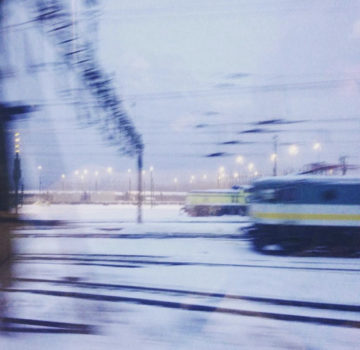
Clickety clack, clickety clack. All aboard the twilight train, a Scottish man with a deep voice announces over the sound of a train heading off into the night. This story is the only one on the Moshi app that I can happily listen to over and over as I wait for my kids to fall asleep. I lie on the floor of their bedroom and think of Before Sunrise, a movie that takes place mostly in Vienna but whose defining image is of the opening, the eroticism of the young couple’s meeting on the train; I think of the sweeping, freighted snowy train journey of Dr Zhivago; I think of Anna Karenina, standing defiantly on the train platform, and of her eventual death. I think, too, of the apartment in Chicago that I so miss, of the view, and the sound, of the L-train clattering loudly past the window at five minute intervals. And I think of a train journey I once took across Europe.
That they would use the sound of a train for a children’s bedtime story is unsurprising. It is repetitive, soporific. But to me, lying there, it is enlivening, as though I might myself just hop on board the twilight train and be transported right on out of here: away from this room, this moment, this world.
*
It was the end of the Christmas holidays a few years ago, and I was due to fly back from Stockholm to London, a flight I have taken dozens of times. The familiarity of this particular journey usually alleviates the mild fear of flying I sometimes suffer. Waiting at the gate I felt completely relaxed, and I boarded happily. But after boarding and sitting down in my seat for a few minutes I was hit, for whatever reason, by a paralysing fear. This was not something that I could breathe through; I had to get off the plane. So I sheepishly exited back down the jetway, watched by many curious eyes as I took refuge behind my escort, the flight attendant, like a celebrity might behind their bodyguard, or a criminal behind their captor. Cast back into the waiting area and left to my own devices, I uploaded a series of badly designed apps and began to plot an alternative route home from Arlanda airport to Oxford, England.
The story of my two day journey home across Europe is, I confess, an uneventful one. If it has anything to offer it is simply in the account of the minutes and hours that make up such a journey, and of the very particular ways in which travelling long distances by train today alters your sense of space and time. Read more »

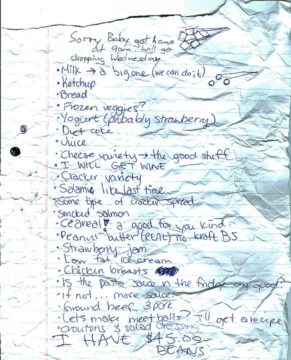
 My books are arranged more or less the way a library keeps its books, by subject and/or author, although I don’t use call numbers. I also have various piles of current and up-next and someday-soon reading. In addition, I have a loose set of idiosyncratic categories that guide my choice of what to read right now, out of several books I’m reading at any given time. I choose books for occasions the way more sociable people choose wines to complement their menus.
My books are arranged more or less the way a library keeps its books, by subject and/or author, although I don’t use call numbers. I also have various piles of current and up-next and someday-soon reading. In addition, I have a loose set of idiosyncratic categories that guide my choice of what to read right now, out of several books I’m reading at any given time. I choose books for occasions the way more sociable people choose wines to complement their menus.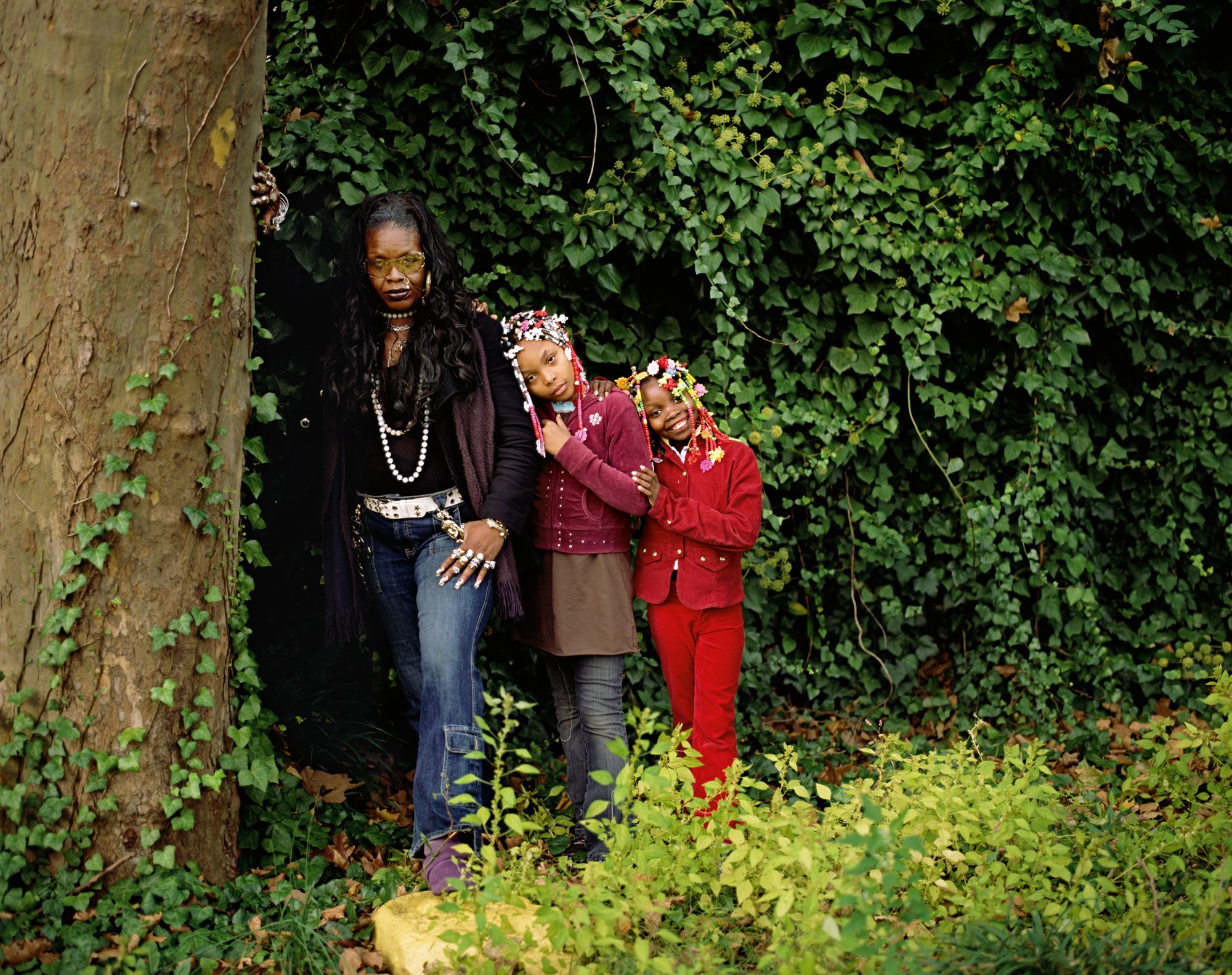



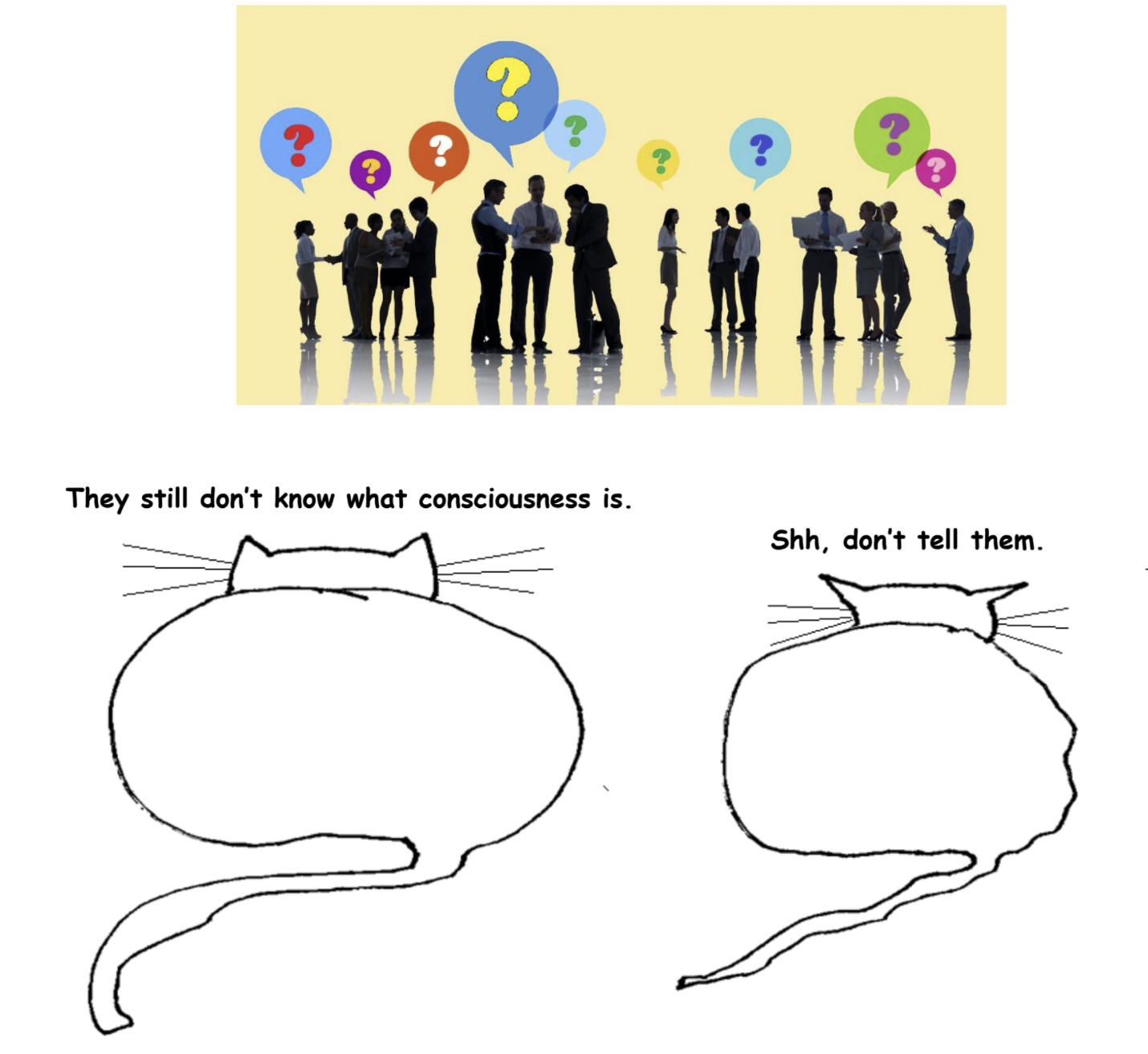


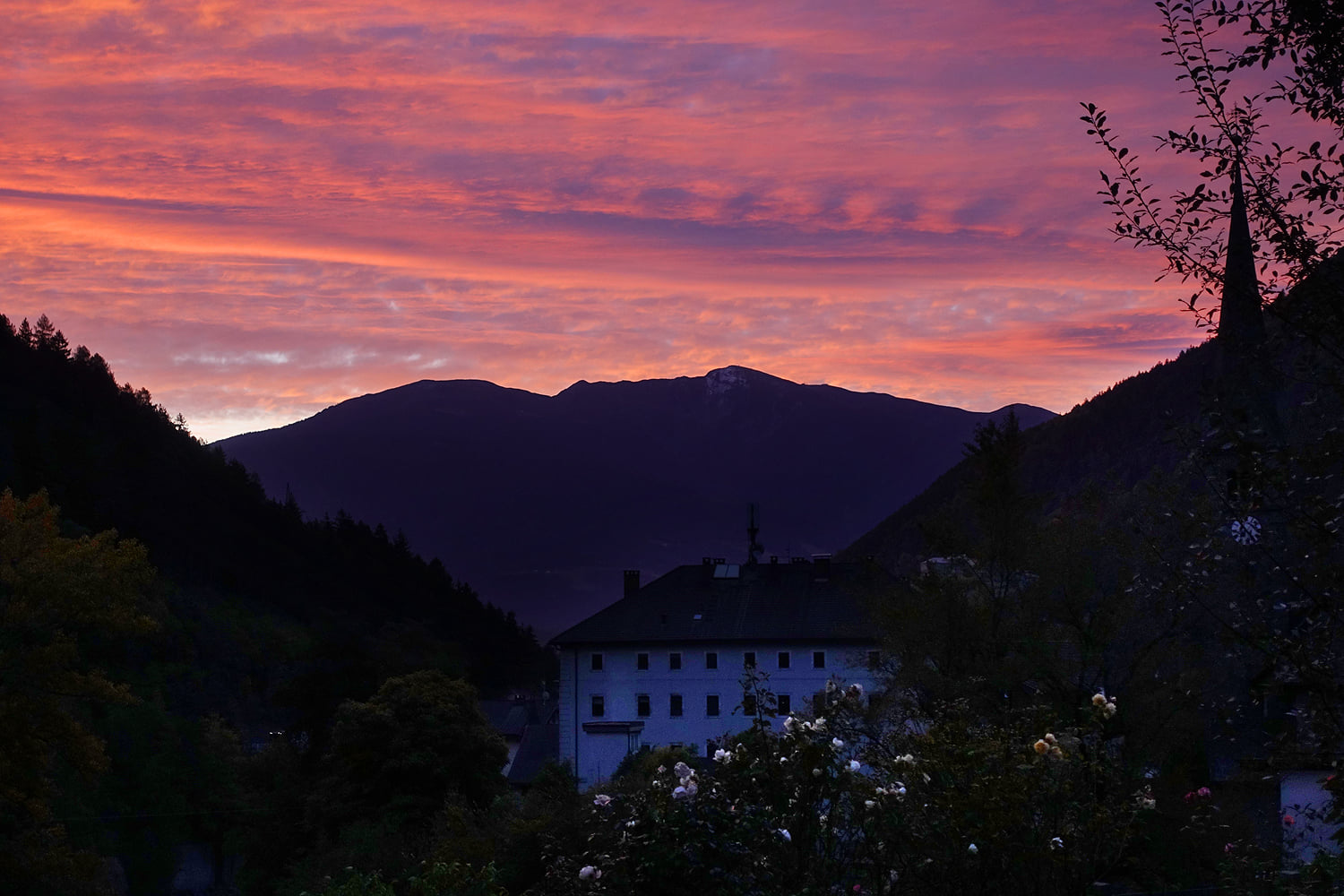

 There was another well-known economist who later claimed that he was my student at MIT, but for some reason I cannot remember him from those days: this was Larry Summers, later Treasury Secretary and Harvard President. Once I was invited to give a keynote lecture at the Pakistan Institute of Development Economics at Islamabad, and on the day of my lecture they told me that Summers (then Vice President at the World Bank) was in town, and so they had invited him to be a discussant at my lecture. After my lecture, when Larry rose to speak he said, “I am going to be critical of Professor Bardhan for several reasons, one of them being personal: he may not remember, when I was a student in his class at MIT, he gave me the only B+ grade I have ever received in my life”. When it came to my turn to reply to his criticisms of my talk, I said, “I don’t remember giving him a B+ at MIT, but today after listening to him I can tell you that he has improved a little, his grade now is A-“, and then proceeded to explain why it was not an A. The Pakistani audience seemed to lap it up, particularly because until then everybody there was deferential to Larry.
There was another well-known economist who later claimed that he was my student at MIT, but for some reason I cannot remember him from those days: this was Larry Summers, later Treasury Secretary and Harvard President. Once I was invited to give a keynote lecture at the Pakistan Institute of Development Economics at Islamabad, and on the day of my lecture they told me that Summers (then Vice President at the World Bank) was in town, and so they had invited him to be a discussant at my lecture. After my lecture, when Larry rose to speak he said, “I am going to be critical of Professor Bardhan for several reasons, one of them being personal: he may not remember, when I was a student in his class at MIT, he gave me the only B+ grade I have ever received in my life”. When it came to my turn to reply to his criticisms of my talk, I said, “I don’t remember giving him a B+ at MIT, but today after listening to him I can tell you that he has improved a little, his grade now is A-“, and then proceeded to explain why it was not an A. The Pakistani audience seemed to lap it up, particularly because until then everybody there was deferential to Larry. The pandemic has unveiled the reality behind what’s been vexing the academic humanities for decades. Classes went online, as business demanded. Classes returned to in-person, as business demanded. Since humanities enrollments have been declining, naturally higher education has been hiring more administrators to hire consultants to figure out how to attract what we’ve grown used to calling its customer base—or, if that doesn’t pan out, to provide a rationale for cutting its programs. When students and administrators aren’t teaming up against professors for not delivering what the customer wants, all parties seem to have made a non-aggression pact for reasons that have almost nothing to do with liberal education.
The pandemic has unveiled the reality behind what’s been vexing the academic humanities for decades. Classes went online, as business demanded. Classes returned to in-person, as business demanded. Since humanities enrollments have been declining, naturally higher education has been hiring more administrators to hire consultants to figure out how to attract what we’ve grown used to calling its customer base—or, if that doesn’t pan out, to provide a rationale for cutting its programs. When students and administrators aren’t teaming up against professors for not delivering what the customer wants, all parties seem to have made a non-aggression pact for reasons that have almost nothing to do with liberal education. Feynman: There was a sister. There was a brother that came after approximately three years. Or maybe I was five, four, six, three, I don’t remember. But that brother died, after a relatively short time, like a month or so. I can still remember that, so I can’t have been too young, because I can remember especially that the brother had a finger bleeding all the time. That’s what happened — it was some kind of disease that didn’t heal. And also, asking the nurse how they knew whether it was a boy or a girl, and being taught: it’s by the shape of the ear — and thinking that that’s rather strange. There’s so much difference in the world between men and women that they should bother to make any difference, a boy from a girl, with just the shape of the ear! It didn’t sound like a sensible thing. Now, I remember that I had another, a sister, when I was nine years old, so it’s possible that I’m remembering my question at the age of nine or ten, and not at the age of the other child, because it sounds incredible to me now that I would have had such a deep thought about society at the earlier age. I don’t know. I can’t tell you what age I was, but I remember that, because it was an interesting answer. I couldn’t understand it really. They make such a fuss — everybody dresses differently; they go to so much trouble, their hair different — just because the ear shape is different? What sort of an answer is that?
Feynman: There was a sister. There was a brother that came after approximately three years. Or maybe I was five, four, six, three, I don’t remember. But that brother died, after a relatively short time, like a month or so. I can still remember that, so I can’t have been too young, because I can remember especially that the brother had a finger bleeding all the time. That’s what happened — it was some kind of disease that didn’t heal. And also, asking the nurse how they knew whether it was a boy or a girl, and being taught: it’s by the shape of the ear — and thinking that that’s rather strange. There’s so much difference in the world between men and women that they should bother to make any difference, a boy from a girl, with just the shape of the ear! It didn’t sound like a sensible thing. Now, I remember that I had another, a sister, when I was nine years old, so it’s possible that I’m remembering my question at the age of nine or ten, and not at the age of the other child, because it sounds incredible to me now that I would have had such a deep thought about society at the earlier age. I don’t know. I can’t tell you what age I was, but I remember that, because it was an interesting answer. I couldn’t understand it really. They make such a fuss — everybody dresses differently; they go to so much trouble, their hair different — just because the ear shape is different? What sort of an answer is that? Many people have told me that they cannot cook to save their lives. I don’t believe them. A lot of them can build a dresser out of an IKEA box – despite the fact that the instructions read like they were written by a wall-eyed robot whose first language was Esperanto, while writing code in C++ or programming a television set to switch between the news and a soccer match. How could it be possible that they are not able to follow a simple set of instructions?
Many people have told me that they cannot cook to save their lives. I don’t believe them. A lot of them can build a dresser out of an IKEA box – despite the fact that the instructions read like they were written by a wall-eyed robot whose first language was Esperanto, while writing code in C++ or programming a television set to switch between the news and a soccer match. How could it be possible that they are not able to follow a simple set of instructions? Before she married her husband, Kiersten Little considered him ideal father material. “We were always under the mentality of, ‘Oh yeah, when you get married, you have kids,” she said. “It was this expected thing.” Expected, that is, until the couple took an eight-month road trip after Ms. Little got her master’s degree in public health at the University of North Carolina in Chapel Hill, N.C. “When we were out west — California, Oregon, Washington, Idaho — we were driving through areas where the whole forest was dead, trees knocked over,” Ms. Little said. “We went through southern Louisiana, which was hit by two hurricanes last year, and whole towns were leveled, with massive trees pulled up by their roots.” Now 30 and two years into her marriage, Ms. Little feels “the burden of knowledge,” she said. The couple sees mounting disaster when reading the latest
Before she married her husband, Kiersten Little considered him ideal father material. “We were always under the mentality of, ‘Oh yeah, when you get married, you have kids,” she said. “It was this expected thing.” Expected, that is, until the couple took an eight-month road trip after Ms. Little got her master’s degree in public health at the University of North Carolina in Chapel Hill, N.C. “When we were out west — California, Oregon, Washington, Idaho — we were driving through areas where the whole forest was dead, trees knocked over,” Ms. Little said. “We went through southern Louisiana, which was hit by two hurricanes last year, and whole towns were leveled, with massive trees pulled up by their roots.” Now 30 and two years into her marriage, Ms. Little feels “the burden of knowledge,” she said. The couple sees mounting disaster when reading the latest  Like many of the great perfumers, Jean Carles was a son of Grasse, a country town in the hills north of Cannes, on the French Riviera. Grasse, once a state unto itself, sits in a natural amphitheater of south-facing limestone cliffs, at the head of a valley of meadows sloping gently to the sea. The combined effect of this geography and the dulcet Mediterranean climate is a harvest of roses, jasmine, and bitter-orange blossoms that is exceptionally fragrant, and for hundreds of years the town has been known as the capital of the perfume trade. When Carles began his training, early in the twentieth century, a priesthood of Grassois perfumers presided over the industry. These so-called nez, or noses, were regarded with an awe of the sort that attaches, perhaps especially in France, to artistic genius. They were vessels of divine talent, their creations as wondrously perfect as the flowers of Grasse.
Like many of the great perfumers, Jean Carles was a son of Grasse, a country town in the hills north of Cannes, on the French Riviera. Grasse, once a state unto itself, sits in a natural amphitheater of south-facing limestone cliffs, at the head of a valley of meadows sloping gently to the sea. The combined effect of this geography and the dulcet Mediterranean climate is a harvest of roses, jasmine, and bitter-orange blossoms that is exceptionally fragrant, and for hundreds of years the town has been known as the capital of the perfume trade. When Carles began his training, early in the twentieth century, a priesthood of Grassois perfumers presided over the industry. These so-called nez, or noses, were regarded with an awe of the sort that attaches, perhaps especially in France, to artistic genius. They were vessels of divine talent, their creations as wondrously perfect as the flowers of Grasse.